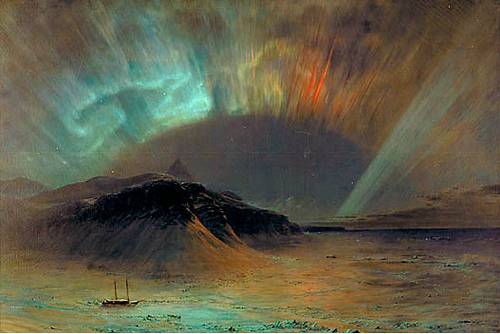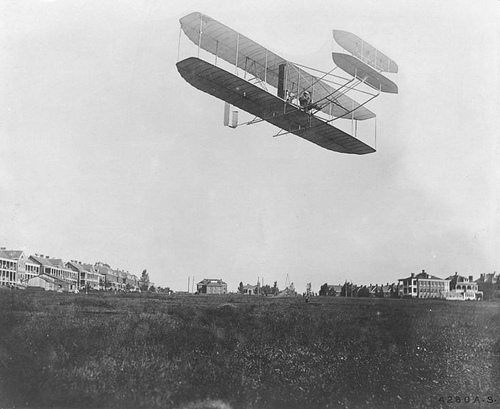
On the night of Sept. 2, 1859, an enormous solar flare produced brilliant auroras around the world. Newspapers and ships’ logs reported striking displays throughout the United States, Europe, Japan, and Australia; Bostonians could read by their light at 1 a.m.
At the height of the storm, a curious conversation took place between two New England telegraph operators:
Boston: Please cut off your battery, and let us see if we cannot work with the auroral current alone.
Portland, Maine: I have done so. Will you do the same?
Boston: I have cut my battery off and connected the line with the earth. We are working with the current from the Aurora Borealis alone. How do you receive my writing?
Portland: Very well indeed. Much better than with the batteries on. There is much less variation in the current, and the magnets work steadier. Suppose we continue to work so until the Aurora subsides?
Boston: Agreed. Are you ready for business?
Portland: Yes; go ahead.
They carried on in this way for two hours, the storm inducing enough current in the lines to support their transmissions. It marked the first conclusive link between auroral activity and electricity.
(Thanks, Michael.)



